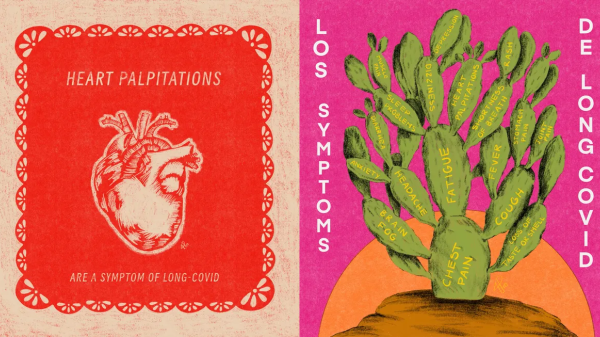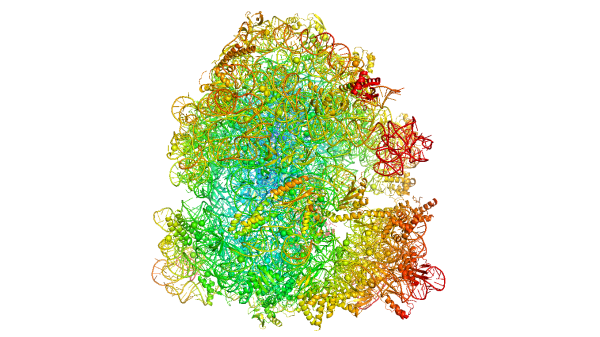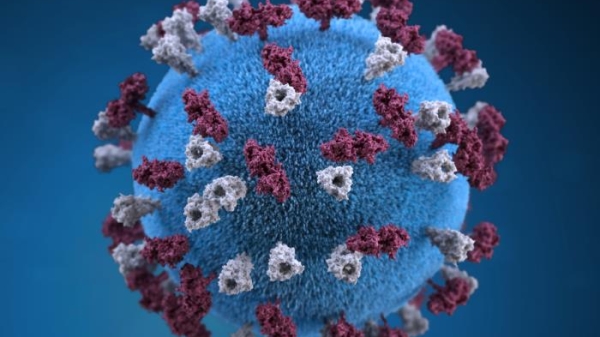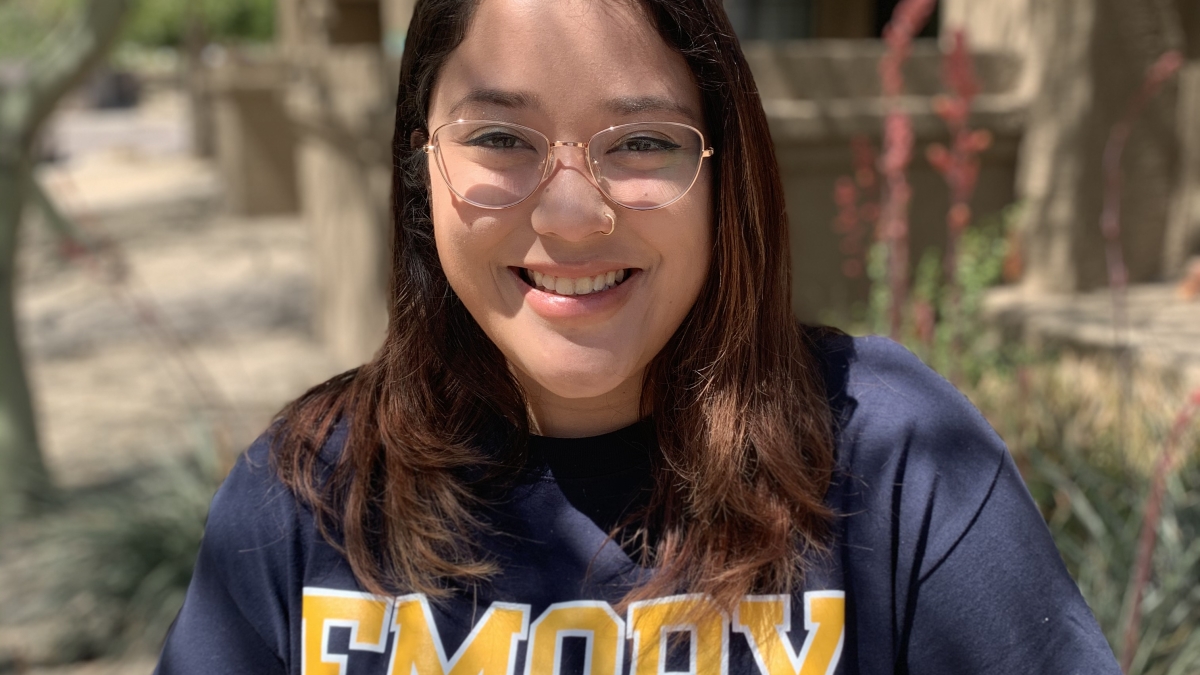Editor's note: This story is part of a series of profiles of notable spring 2020 graduates.
Two classes changed it all for Alyssa Lindsey. One course investigated what makes us human by looking at animal models and studying early development, while the other explored societies and cultures around the world. They changed her path from medical studies to global health.
Lindsey, a Phoenix native, is graduating from Arizona State University this spring with a Bachelor of Arts in global health from the School of Human Evolution and Social Change and a Bachelor of Arts in English.
After those two pivotal classes, Lindsey realized there is a great need for work in our public and global health systems. From then on, her undergraduate work and research focused on social determinants of health and improving health outcomes for vulnerable people locally and internationally.
Her extensive undergraduate research projects have prepared her well for the next chapter of her education. A highlight was working with the Global Impact Collaboratory’s prenatal health care utilization group at a local refugee women’s center. Lindsey did a literature review that was used by ASU researchers for a paper they published.
Lindsey is also a student worker at the School of Human Evolution and Social Change, transcribing interviews for research conducted by President’s Professors Alexandra Brewis-Slade and Amber Wutich. Lindsey also helped them copy edit a 2019 book, "Lazy, Crazy, and Disgusting: Stigma and the Undoing of Global Health."
Her work also includes a project with School for the Future of Innovation in Society Assistant Professor Lindsay Smith, searching news articles and policy changes to create a timeline about DNA testing.
During her undergraduate studies, Lindsey received an English Department Homecoming Award for Poetry and the PULSE scholarship from the School of Transborder Studies.
Lindsey shared more about her time at ASU and her plans for graduate school.
Editor's note: Answers have been edited for length and clarity.
Question: What’s something you learned while at ASU — in the classroom or otherwise — that surprised you or changed your perspective?
Answer: The biggest lesson I’m going to be taking away from my time at ASU is that no experience or lesson is useless or empty. I’ve taken advantage of opportunities that were seemingly unrelated to my future career goals — majoring in poetry, interning at a magazine, joining the marching band — and all of those opportunities taught me how to work effectively, write with passion and how to de-stress in a healthy way.
Q: Which professor taught you the most important lesson while at ASU?
A: I’ll quote Hud, the director of the marching band here at ASU. “Do your Monday homework on Monday, your Tuesday homework on Tuesday…” You know the rest.
Q: What’s the best piece of advice you’d give to those still in school?
A: Take time for yourself. If that means playing an hour of Animal Crossing or cuddling with your dog, do it!
Q: What was your favorite spot on campus, whether for studying, meeting friends or just thinking about life?
A: My favorite spot on campus is the lawn outside of Gammage. I usually take my dog, Chepa, with me on campus and this is one of our favorite spots to sit and sunbathe.
Q: What are your plans after graduation?
A: I will be attending Emory University after graduation to pursue a Master of Public Health degree. After that? Research? PhD? Nonprofit work? I’ll go anywhere I can make a meaningful difference.
More Health and medicine

Health communication program brings long COVID awareness to Latinos
After COVID-19 hit the Latino community especially hard, Gilberto Lopez created COVIDLatino, a health communication program…

Gates Foundation to fund research on antibiotic resistance
Antibiotic resistance, what happens when germs develop the ability to defeat the drugs designed to kill them, is a growing…

ASU epidemiologist on the rise in US measles cases
The Centers for Disease Control and Prevention issued an alert this month about a rise in measles cases worldwide. And as of…
